Neil MacGregor Quotes & Sayings (Page 3)
Neil MacGregor quotes and sayings page 3 (historian). These are the last 10 out of 30 quotes we have.
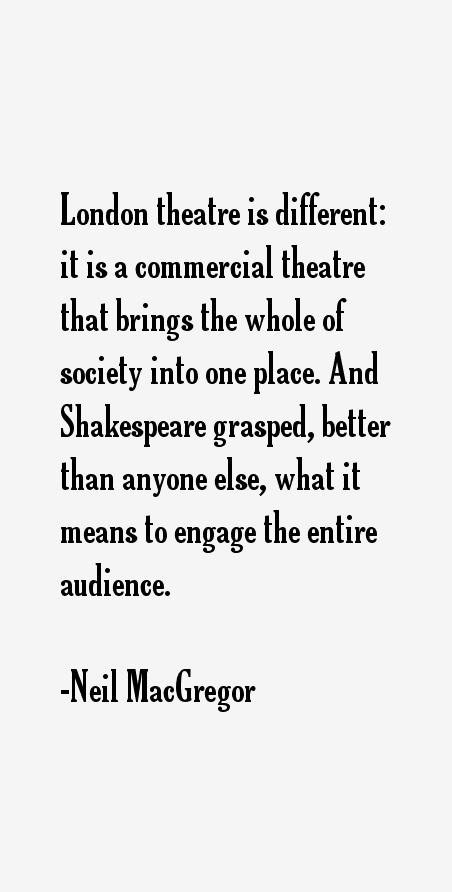
“London theatre is different: it is a commercial theatre that brings the whole of society into one place. And Shakespeare grasped, better than anyone else, what it means to engage the entire audience.”
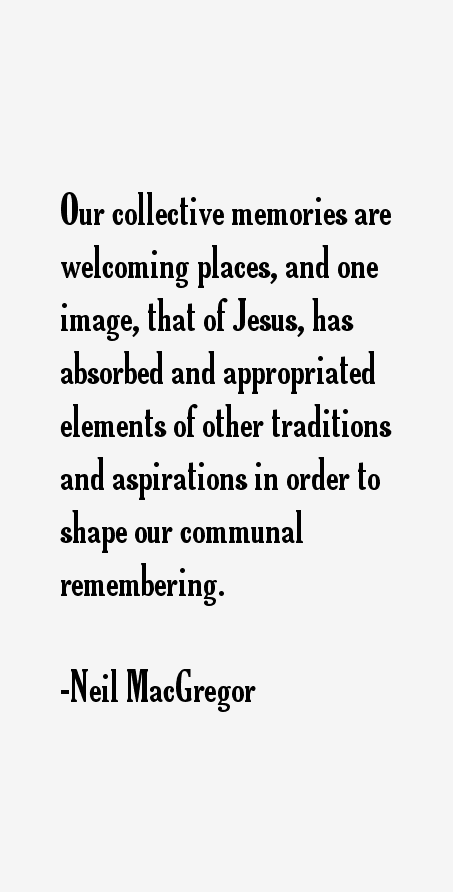
“Our collective memories are welcoming places, and one image, that of Jesus, has absorbed and appropriated elements of other traditions and aspirations in order to shape our communal remembering.”
“Thanks to the unprecedented reach of British navigation, London in the early 18th century was not just the emporium of the world, it was the first place in which it was possible to assemble artifacts from around the world and allow people to study them.”
“The things we make have one supreme quality - they live longer than us. We perish, they survive; we have one life, they have many lives, and in each life they can mean different things. Which means that, while we all have one biography, they have many.”
“Creation stories, so central in the religions of the Middle East, play a surprisingly marginal part in Greek myth. The Greeks had nothing to set alongside the resounding 'In the beginning' in the book of Genesis, where one eternal God creates the universe out of nothing.”

“Hardest of all for Europeans to negotiate are traditional African religions, whose transactions with unseen powers are central to the running of life in many areas, the main weapon in the struggle against the forces of evil.”
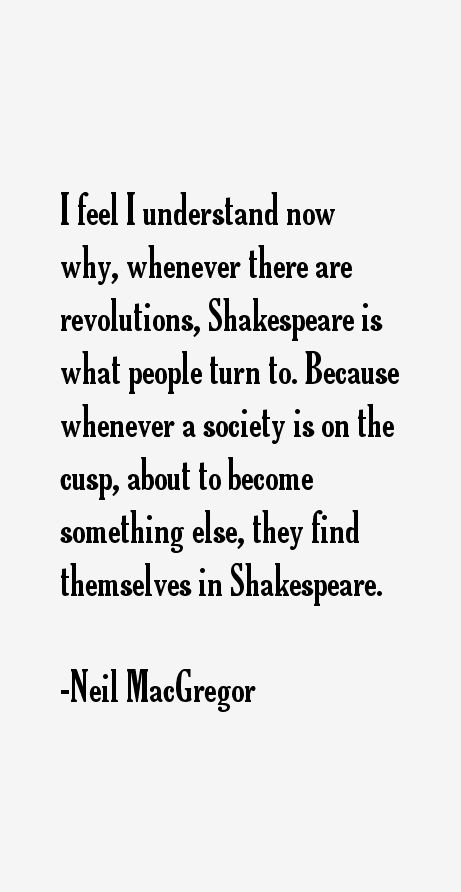
“I feel I understand now why, whenever there are revolutions, Shakespeare is what people turn to. Because whenever a society is on the cusp, about to become something else, they find themselves in Shakespeare.”
“It is a standing source of astonishment and amusement to visitors that the British Museum has so few British things in it: that it is a museum about the world as seen from Britain rather than a history focused on these islands.”
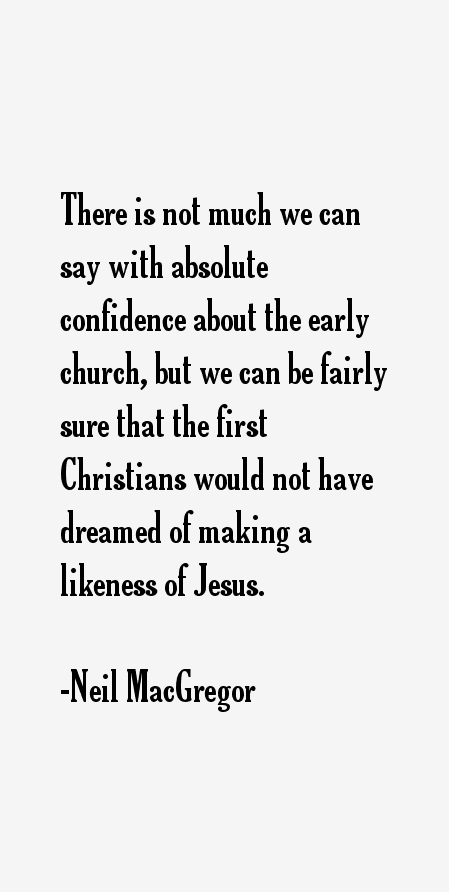
“There is not much we can say with absolute confidence about the early church, but we can be fairly sure that the first Christians would not have dreamed of making a likeness of Jesus.”
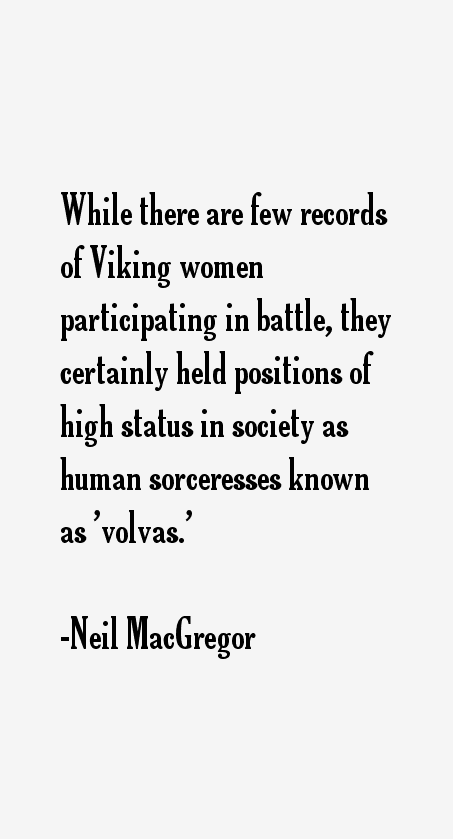
“While there are few records of Viking women participating in battle, they certainly held positions of high status in society as human sorceresses known as 'volvas.'”
Neil MacGregor Quotes Rating
No Ratings Yet
Leave A Comment
























